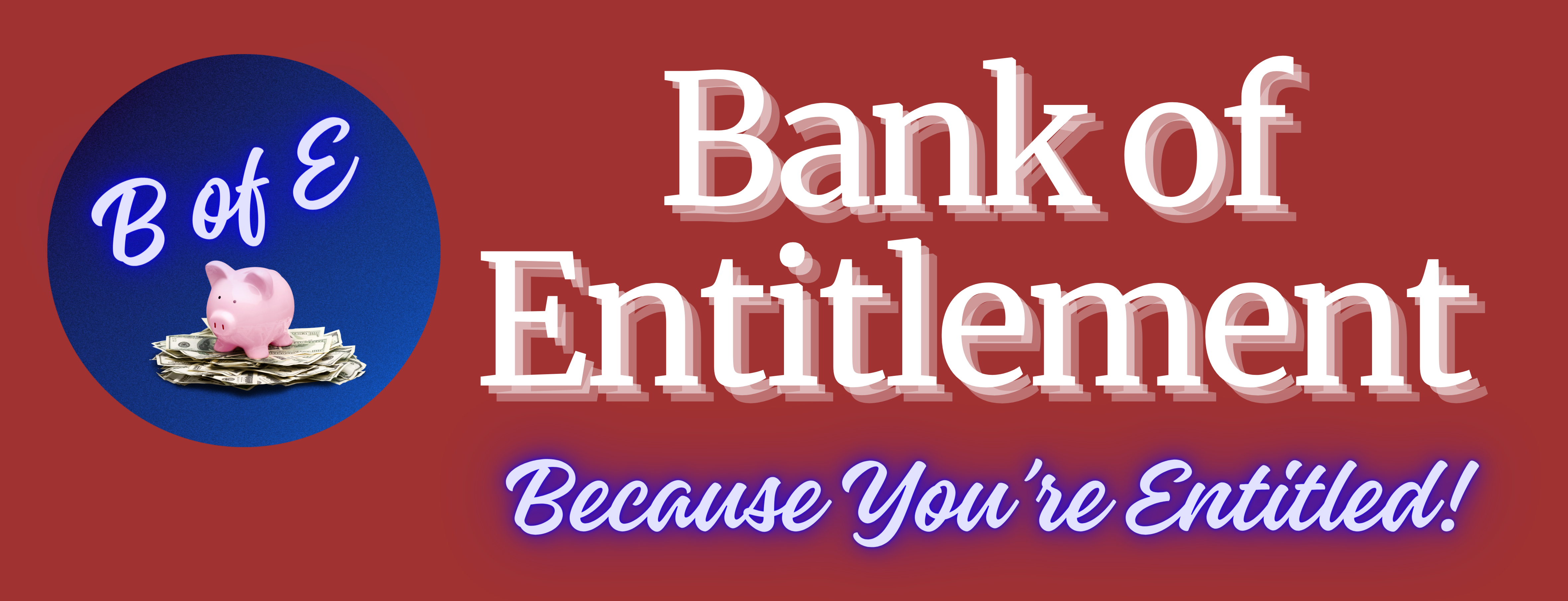The Party of Entitlement
The Situation
At 16, I was always a bright and talented student, charming, and used to getting my way. My parents doted on me, granting my every whim without question. Life had been one long streak of success, and I had never faced the bitter taste of disappointment or failure.
One crisp autumn day, as I strolled into high school, I noticed a brand-new, shiny red sports car parked in the student lot. It belonged to the school’s football star, who had just turned 18 and received the car as a birthday gift. My eyes widened with envy. “That should be mine,” I thought. “I deserve it more.”
The Plot
I hatched a plan. I decided that I would throw the most extravagant party the school had ever seen. The kind that would make the football star’s birthday bash look like a kiddie’s tea party. I figured that this would not only make me the most popular person in school but also somehow convince my parents that I deserved an even better car.
I spread the word about the party, boasting about the expensive DJ, the gourmet food, and the amazing decorations. My parents, wanting to keep me happy, funded the party without question, sparing no expense.
On the night of the party, I was on cloud nine. My house was packed with students, the music was blasting, and everyone seemed to be having a great time. I strutted around like a king, basking in the glory of my successful event.
Actions and Consequences
However, as the night wore on, things started to spiral out of control. Some of the guests began to drink excessively. I, in my desire to be the ultimate host, turned a blind eye to the growing chaos. I even joined in, despite being underage, feeling invincible in my bubble of entitlement.
By midnight, the situation had escalated. A fight broke out, causing significant damage to the house. The police were called, and when they arrived, they found me at the center of the debacle. My parents were furious, not just at the destruction of their home, but at the realization that they had enabled my reckless behavior.
The police report included underage drinking, property damage, and disturbing the peace. My parents decided it was time for a wake-up call. They grounded me indefinitely, revoked all my privileges, and insisted I work to pay off the damages caused by the party.
The Lesson Learned
I spent the next few months working part-time jobs after school, cleaning up the community center, and reflecting on my actions. The once-entitled teenager began to understand the value of hard work, responsibility, and humility.
I learned that respect and admiration couldn’t be bought with extravagant gestures or material possessions. True respect was earned through character and integrity. My journey from entitlement to maturity was a harsh one, but it shaped me into a more grounded and appreciative individual.
In the end, I realized that the sports car I envied wasn’t what mattered. What mattered was the person I was becoming—a person who earned his achievements and valued the trust and respect of those around him.
